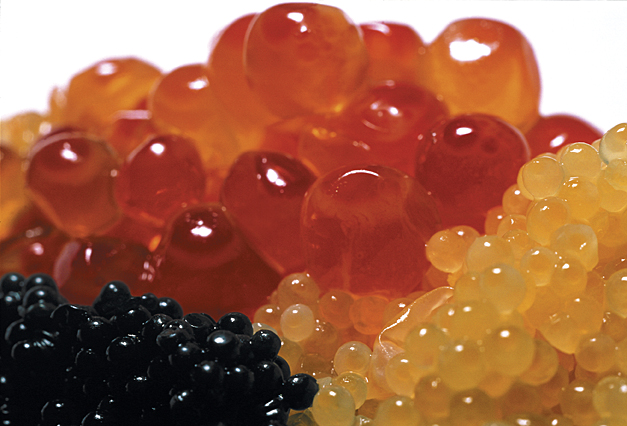
묻다 ask 聞く・問う・尋ねる
전문가의 의견을 묻다.
Ask the opinion of an expert.
専門家の意見を聞く。
问专家的意见。/ 問專家的意見。
Alamin ang opinyon ng isang dalubhasa.

밝다 bright 明るい
달이 밝다.
The moon is bright.
月が明るい。
月很明亮。
Maliwanag ang buwan.
This is a personal blog about my journeys in studying foreign languages. I especially like East Asian languages such as Mandarin, Japanese and Korean, but I am also proud of my native language Tagalog. I hope my posts here will be helpful to other people learning foreign languages. Most of the entries you will find in this blog are vocabulary lessons for the languages I'm currently learning. If you would like to write for this blog, please feel free to contact me at nicholas.cripps@gmail.com






 m 泳ぐ
m 泳ぐ



 sour 酸っぱい
sour 酸っぱい salty 塩辛い
salty 塩辛い
 你有多少钱? / 你有多少錢?
你有多少钱? / 你有多少錢?